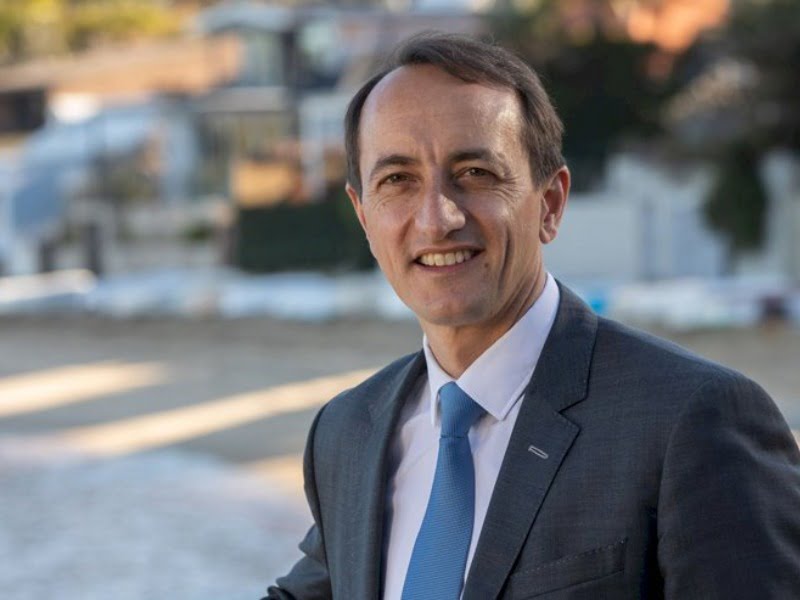Senator Dave Sharma has warned against Australia adopting a risk-averse approach to the regulation of artificial intelligence, which would stymie business take up of a technology that is evolving much faster than people in this country realise.
The newly appointed shadow assistant minister for Competition, Charities and the Treasury said his focus in the current parliament would be to press for policy action on improving Australia’s lagging productivity.
The former Australian ambassador to Israel is well known to the local tech and innovation sector says the breadth of his new shadow portfolio gives him licence to become involved in debates across a broad swathe of economic activity – including policies to encourage new business formation and startups.
Senator Sharma told the Commercial Disco podcast that an overly conservative approach to AI regulation would slow its adoption across the economy.
He was especially critical of a suggestion from Industry minister Tim Ayres that trade unions be given a greater say in how AI is used in the workplace as a retrograde step.
Businesses and their workers must be given the flexibility to experiment with new AI technologies to extract maximum productivity value.
“What we will need to be able to do in Australia is experiment and iterate and test and refine [these new AI systems and processes],” Senator Sharma said.
“What needs to happen is workers need to learn how to use them. Business systems and processes need to be re-engineered around the new technology. And then some new methodologies and new ways of doing business will emerge.”
But that will all take time, he says, and will require a light-handed approach to regulation.
“The idea that we need to completely game something out before we allow this experimentation and innovation to happen – that we need to account for and identify [every] potential risk – is just a recipe for stasis and inaction,” Senator Sharma said. “That’s what concerns me.”

Mr Sharma plans to leverage the broad scope of his treasury portfolio to tackle productivity challenges, pointing to a recent Productivity Commission report stating that 80 per cent of Australia’s income growth over the past 30 years came from productivity gains.
“I intend to use the portfolio to kind of examine everything that is at the heart of our productivity challenge, and to understand why business confidence is so low and why businesses are largely not investing in Australia,” he said.
“Those are all massive concerns, and they’re [creating] problems for ourselves as a nation, but also for our people.”
Noting that productivity growth is at its lowest in 60 years, and living standards are declining, Mr Sharma told InnovationAus.com “productivity comes from new businesses and technologies disrupting industries.”
Mr Sharma highlighted a specific policy issue – the taxation of unrealised gains in superannuation funds – that discourages investment in early-stage startups because investors may face tax liabilities on theoretical gains from startup valuations.
“This drains the pool of capital for businesses that might not see liquidity for years,” Mr Sharma explained. He sees this as a major barrier to Australia’s startup ecosystem, which already struggles with limited funding.
Without this, living standards stagnate, and funding for services like aged care or defense becomes limited.
“We need to understand why businesses aren’t investing in Australia,” Sharma said. He aims to examine barriers to business confidence and investment to drive economic growth.
“We can’t cut ourselves off from technological change,” he said. Coordination with bodies like the G20 and OECD is essential, but Australia must remain competitive to attract investment and talent.
Do you know more? Contact James Riley via Email.
